

Data Diversity in Genomics - report on Lifebit's recent webinar
Lifebit
11th August 2023
Introduction
Lifebit recently hosted a webinar on 'Data Diversity in Genomics,' exploring how to broaden genomic data diversity and provide equitable access to research results for the Global South. The webinar featured experts from genomics, biotechnology, and population health discussing their perspectives.
Gen-t's vision - advancing precision medicine for all:

Professor Lygia V. Pereira, CEO of gen-t, discussed the 'DNA do Brasil' project, mapping gene diversity in Brazil. Brazil's diverse population, including Native American, African, and European ancestry highlights the need for better representation in precision medicine research. The project, launched in 2019, showed over 11 million novel genetic variants exclusive to the Brazilian population, emphasising the importance of diversity in understanding human biology.
Brazil has a 500-year history of mixing Native American, African and European populations, which has created a highly ethnically diverse population. A study by the Consortium for the Analysis of the Diversity and Evolution of Latin America (CANDELA) genotyped almost 10,000 individuals from Latin America, which included 1,700 from Brazil. The study showed that Brazil has very different European extractions from the rest of Latin America. It also identified the significant representation of East and West Africans and the largest Japanese population outside Japan.
"The CANDELA study showed this consortium of the analysis of the diversity and evolution of Latin America. They genotyped almost 10,000 individuals from Latin America, and 1,700 were Brazilian."
Gen-t aims to increase Brazilian representation in precision medicine, utilising genomic diversity for biomedical research. It collaborates with public and private health systems, recruiting individuals from Brazilian communities through consent and extensive questionnaires. Participants receive test results on a digital platform and contribute additional phenotypic data over time.
Omica Bio's mission - empowering Latin American populations:

Victor Angel-Mosti, CEO of Omica.bio, highlighted the critical issue of data bias in genomics, leading to limited computational models and healthcare disparities. Latin American populations are severely underrepresented in genetic datasets, with less than 1% included in studies and only 0.25% in GWAS data. To address this, Omica Bio aims to bring Latin American communities to the forefront of biomedical research and development, flipping the narrative and seeing diverse regions as untapped resources for genetic insights. They advocate for increased funding for genomics research from the Mexican government to rival private enterprises.
Omica Bio believes in empowering participants as researchers, moving away from the traditional pharmaceutical-led, top-down approach to genomic research. They encourage community-led biobanks that foster transparency, evidence of data providence, and traceability of data usage. This approach aligns with blockchain technology, assuring data ownership, usage consent, and clear visibility of data flow. Mr Angel-Mosti envisions a global genomics data cooperative where individuals maintain ownership of their data while voluntarily contributing it to research, enabling greater progress and transparency.
"Something that we aspire to do at Omica as a community-driven biobank is to engage in what's called community-based participatory research."
Omica Bio’s mission is to bring Latin American populations to the forefront of biomedical research and development. Mr Angel-Mosti also emphasised the importance of the Nagoya Protocol, advocating for fair and equitable sharing of benefits from genetic resources. Omica Bio is committed to overcoming challenges related to biopiracy and ensuring that research conducted in underrepresented areas includes local researchers in design and planning, as well as sharing findings with the community. By enabling communities to ask questions about their health and well-being, they play a more active role in driving the research agenda and ensuring it benefits all. With an emphasis on community engagement, data transparency, and collaborative efforts, Omica Bio seeks to revolutionise genomics research and foster meaningful progress in healthcare outcomes.
Promoting equitable genomic medicine with Genomics England’s ‘Diverse Data’ initiative:
Dr Matt Silver from Genomics England discussed their 'Diverse Data' initiative, ensuring equitable sharing of genomic medicine benefits across diverse communities in England. Genomics England uniquely partners with the NHS to provide diagnostics through whole-genome sequencing. There is a particular focus on patients with rare diseases and cancer. Addressing bias in genomic data is critical for advancing precision medicine and improving patient outcomes. They focus on understanding the impact of diversity and ancestry on computer systems used for genomic diagnosis.
"At Genomics England, the ‘Diverse Data Initiative’ has the aim of ensuring that the benefits of genomic medicine are shared equitably across the communities that make up England."
The 'Diverse Data' initiative ensures equitable sharing of genomic medicine benefits across diverse communities in England, addressing bias in genomic data to advance precision medicine. Dr Silver's team focuses on understanding bias in computer systems used for genomic diagnosis when diversity and ancestry are not considered. For instance, lack of diversity impacts polygenic risk scores (PRS) accuracy, particularly in Africans, whose average prediction is 4.5-fold lower than in Europeans. PRS could be used for patient stratification in preventative screening and treatments, and its adoption is expected to increase in the future, emphasising the need for the transferability of predictions across populations.
The power of genomic data - saving lives and driving medical discoveries with Lifebit:
Lifebit's CEO, Dr Maria Chatzou Dunford, stressed the life-saving potential of data, leading to faster disease diagnosis, successful drugs, and a better understanding of diseases. Genetic evidence significantly increases the likelihood of drugs passing clinical trials, with 66% of FDA-approved drugs backed by human genomic data evidence. Missing allele frequencies from underrepresented sub-populations in public databases, like 'gnomAD,' impact patient treatment, highlighting the importance of genomic data. For instance, genomic data has revealed five genetic markers influencing the severity of COVID-19, enabling better precautions for patients and medical staff.
"We've also seen this deep clinical and genomic data help deliver more successful drugs. Drugs based on genetic information are twice as likely to succeed in clinical trials."
Dr Dunford emphasised the need to earn the trust of individual participants to improve healthcare, urging for more genomic data from underrepresented UK groups. With 97% of data being inaccessible due to safety regulations, experts recommend on-site data federation as a solution. Federation connects diverse and sensitive data, allowing multiple databases to function as one and enabling secure access, joint queries, and analysis by approved researchers. This approach drives faster scientific discoveries, improves data availability, and makes precision medicine more universally accessible. The main challenges for federation are education, wider adoption of the technology, and creating a global network of connected data. Funding will also play a role in determining the speed of adoption and use of the technology.
Conclusion
The webinar shed light on the significance of data diversity in genomics, emphasising the need for better representation of underrepresented populations. Community-led biobanks, data federation, and global cooperation are crucial for advancing genomic research and ensuring equitable access to the benefits of genomic medicine worldwide.
About Lifebit
At Lifebit, we develop secure federated data analysis solutions for clients including Genomics England, NIHR Cambridge Biomedical Research Centre, Danish National Genome Centre and Boehringer Ingelheim to help researchers turn data into discoveries.
Interested in learning more about Lifebit’s federated data solution for genomics research?
Featured news and events

2025-03-26 11:17:46
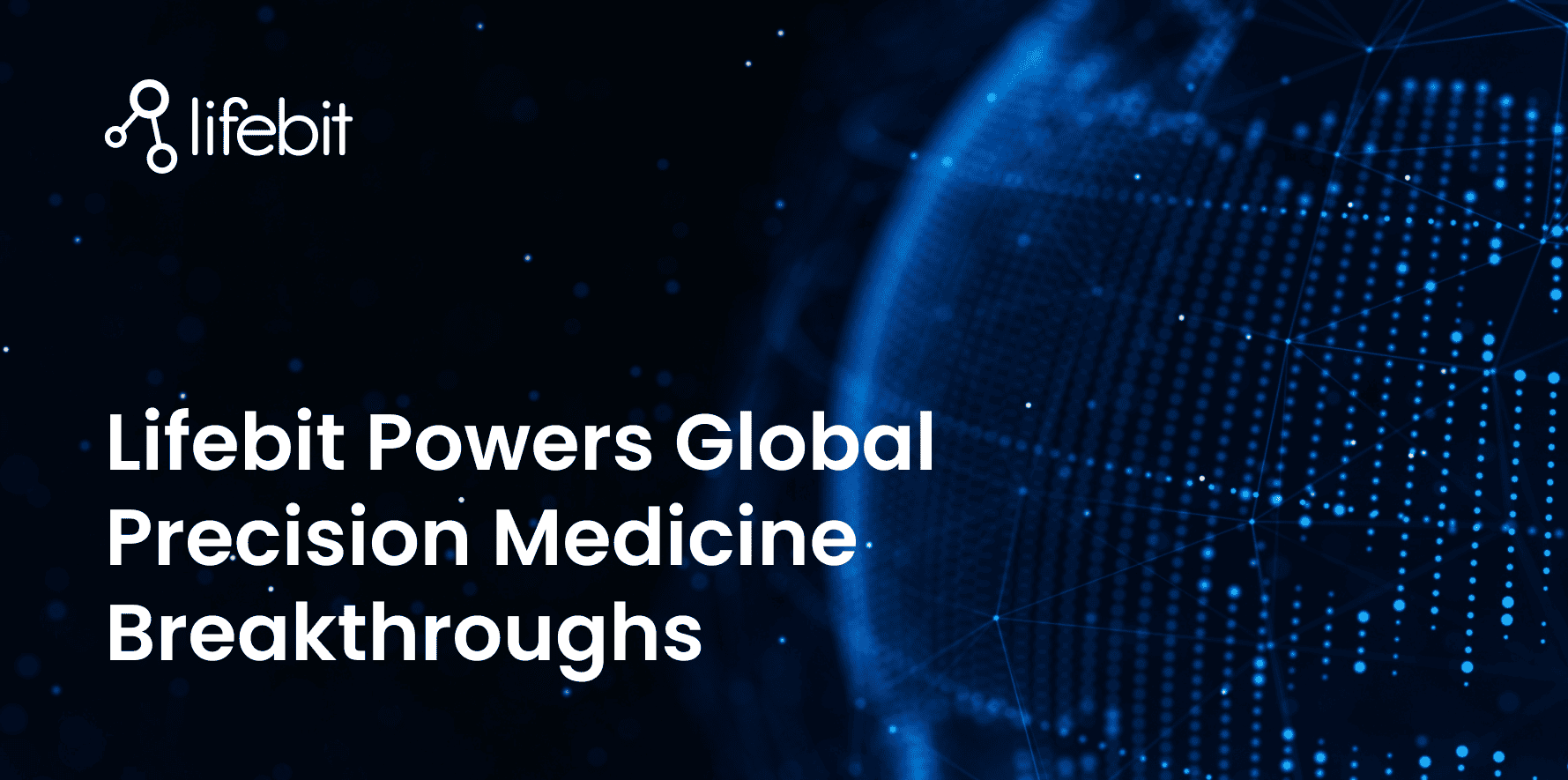
2025-03-14 15:45:18
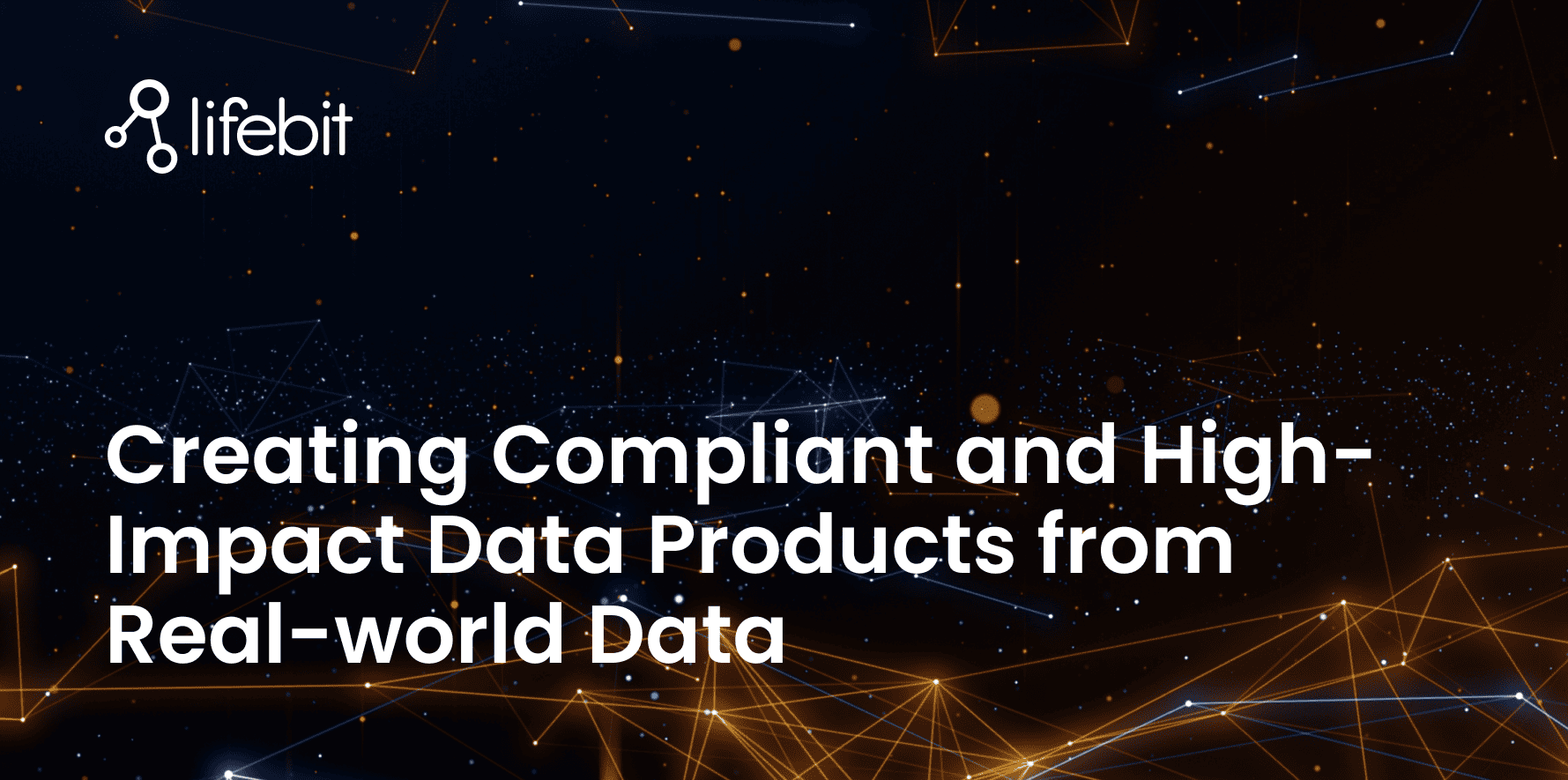
2025-03-05 12:49:53
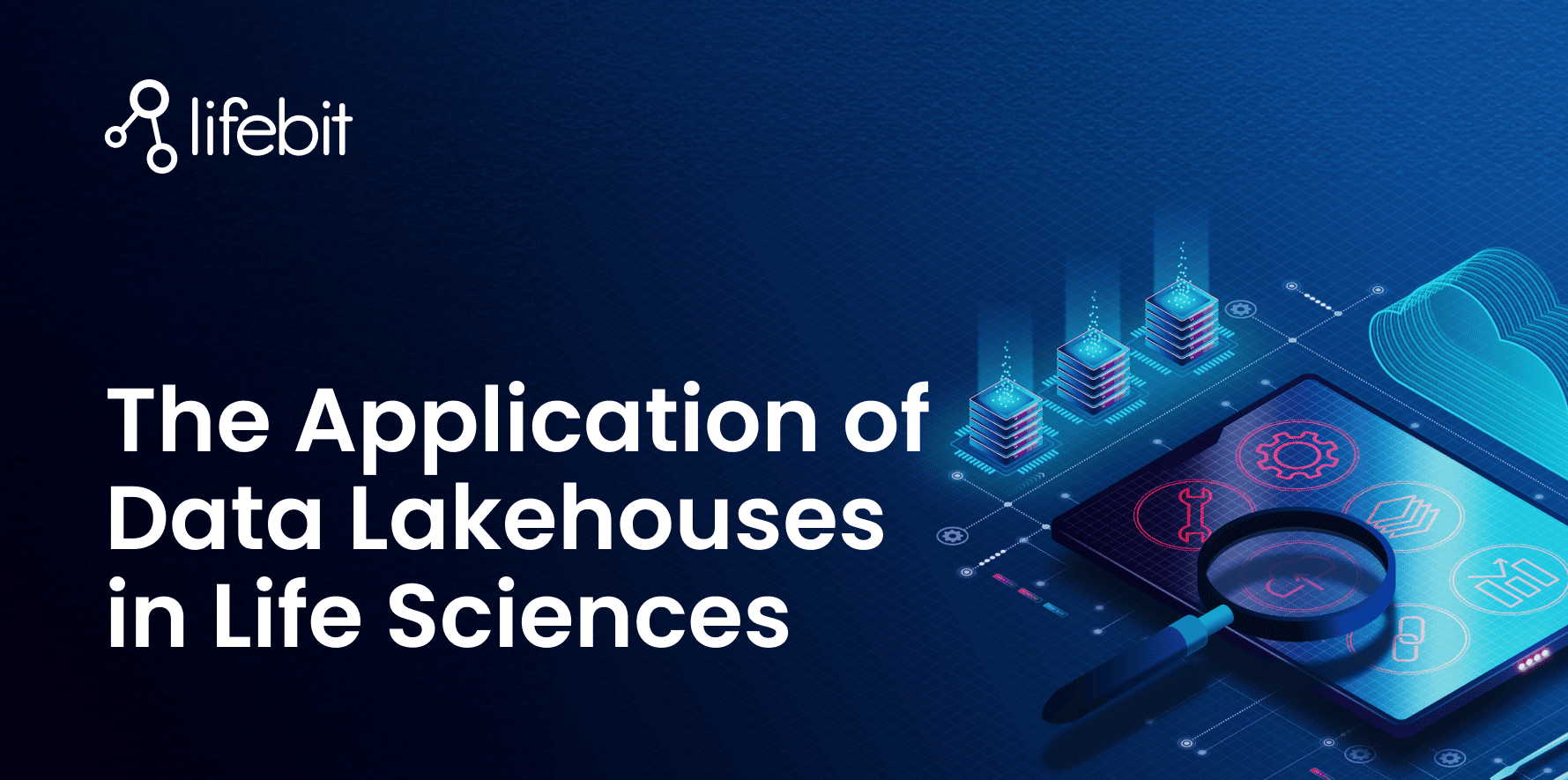
2025-02-27 10:00:00
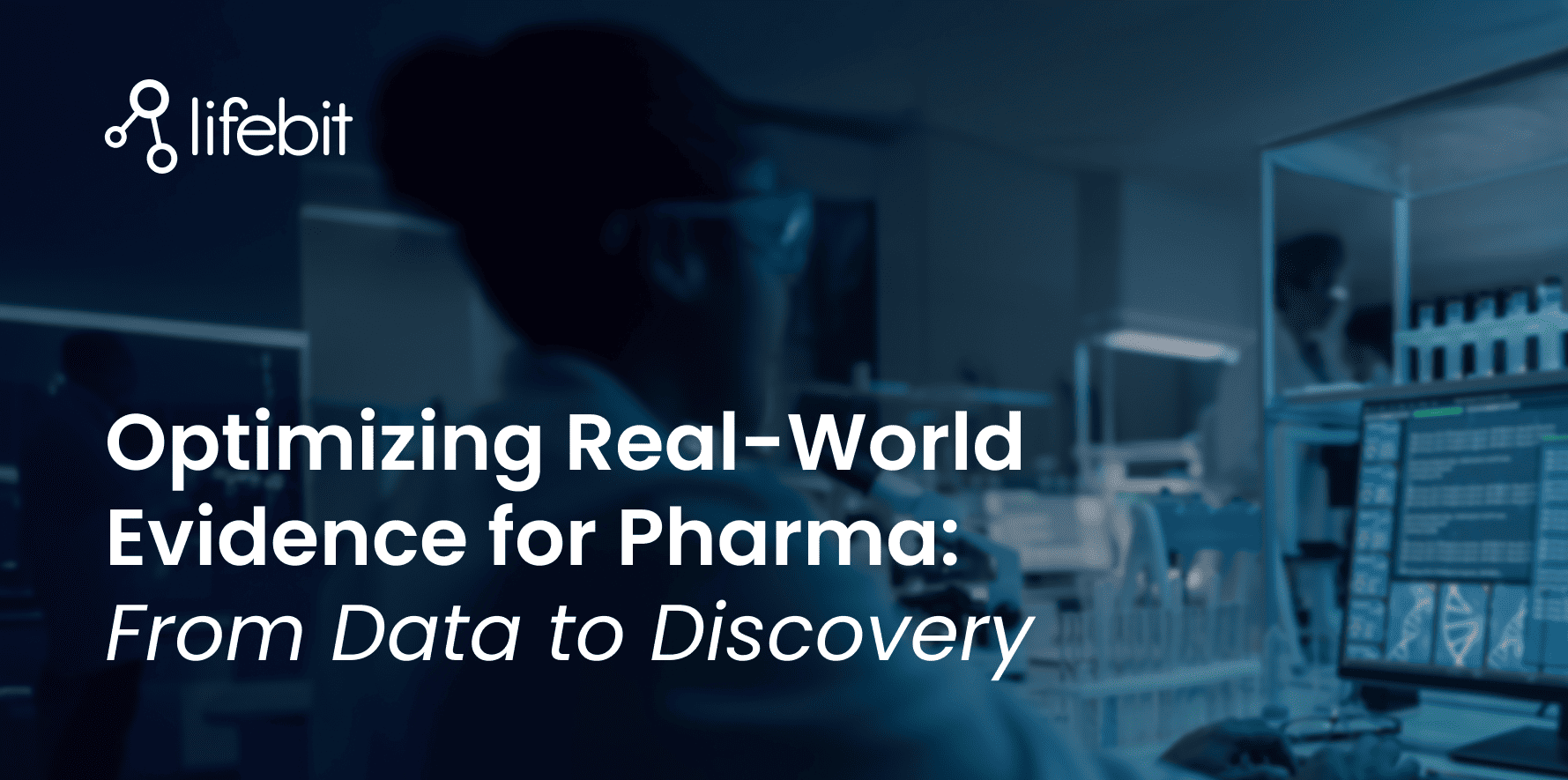
2025-02-19 13:30:24
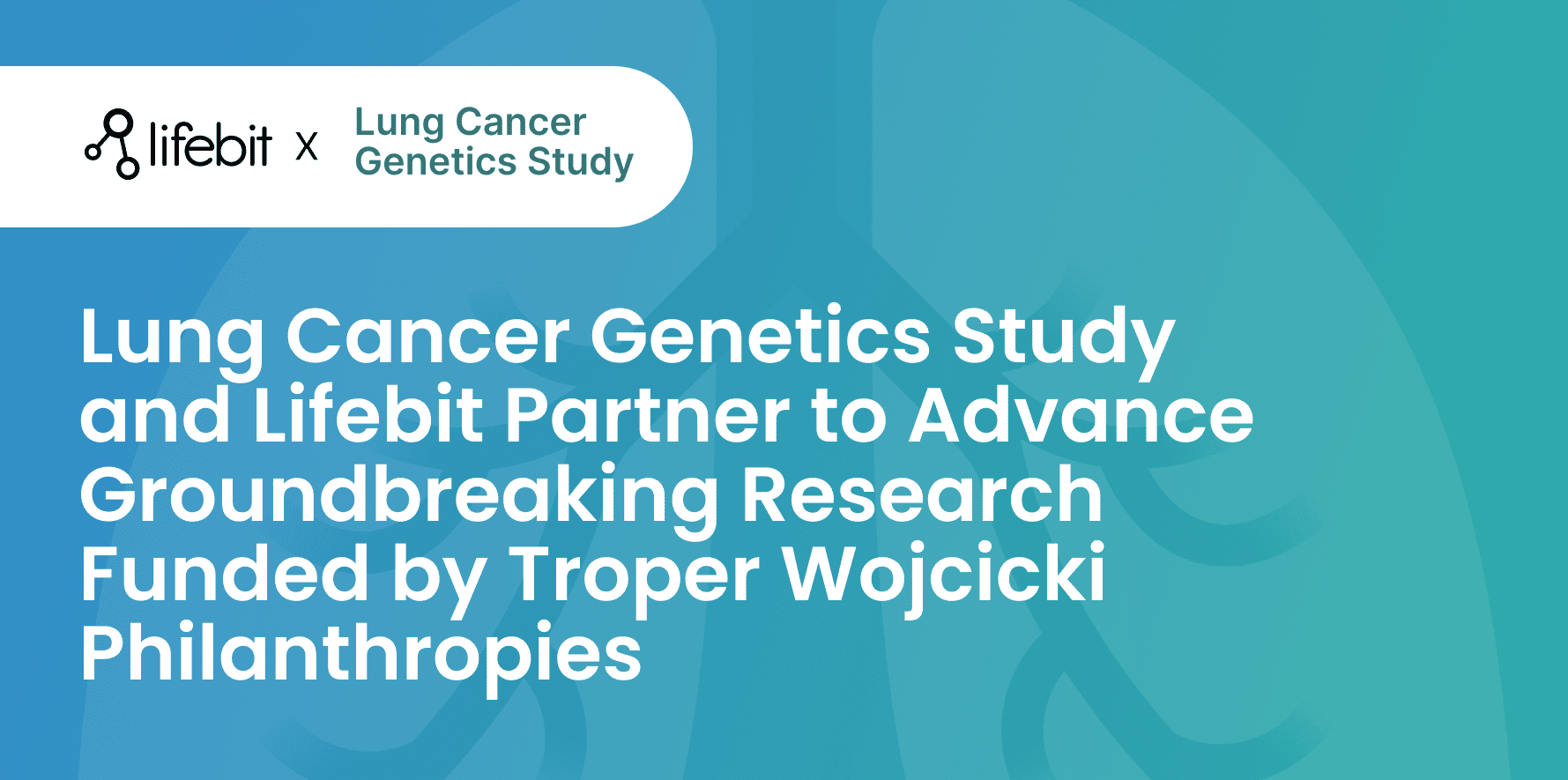
2025-02-11 08:39:49
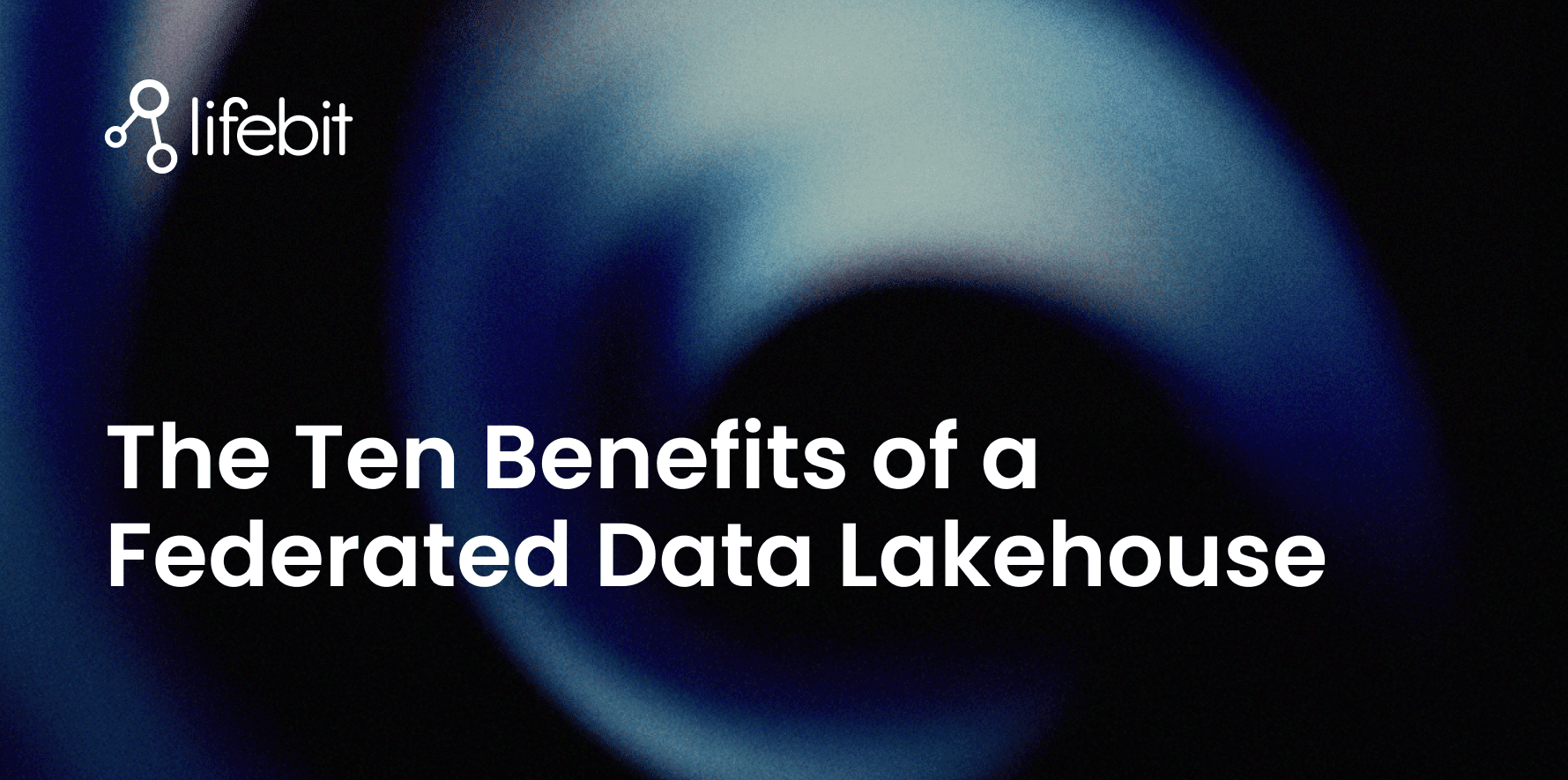
2025-01-30 12:47:38
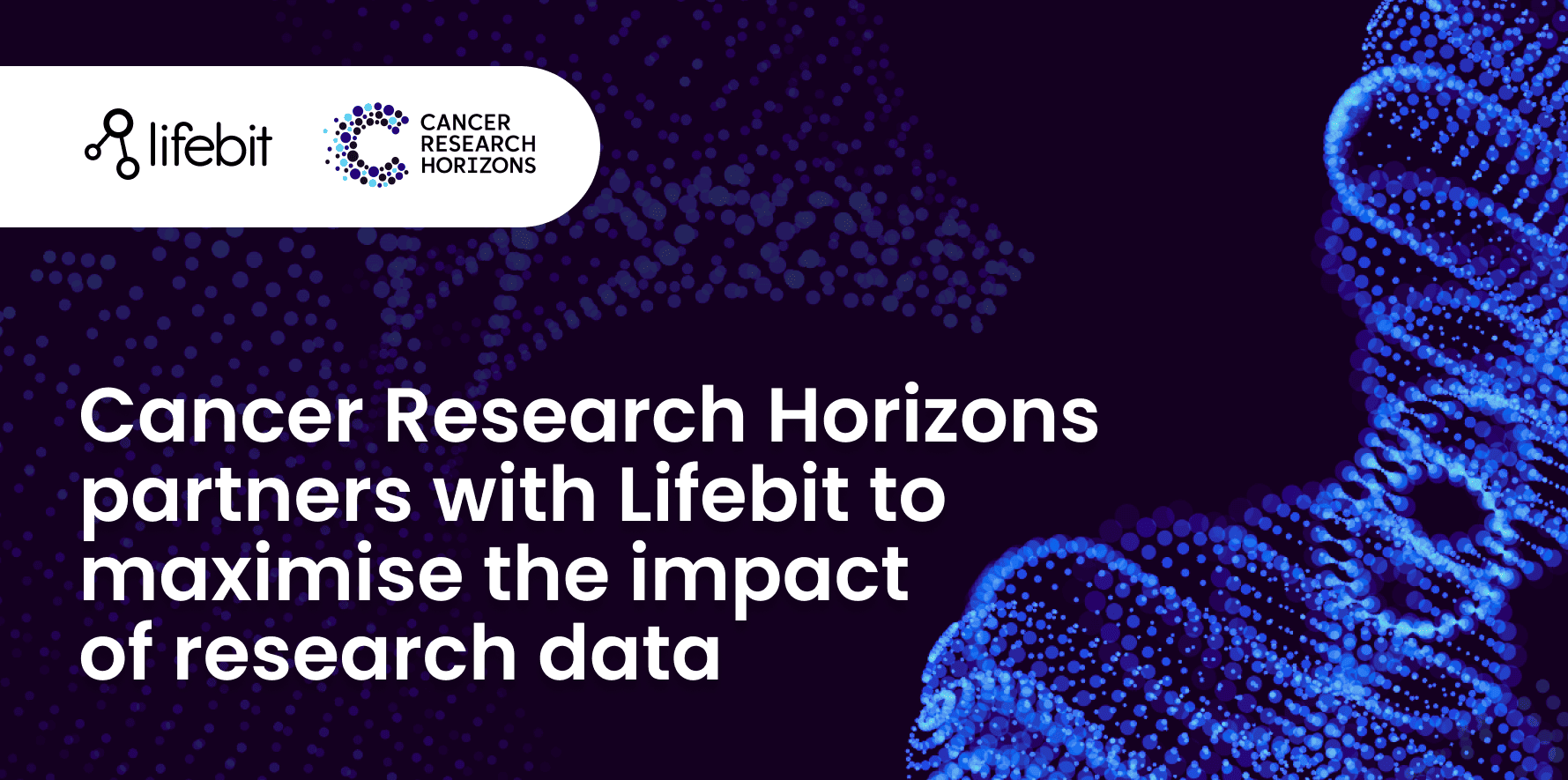
2025-01-28 08:00:00
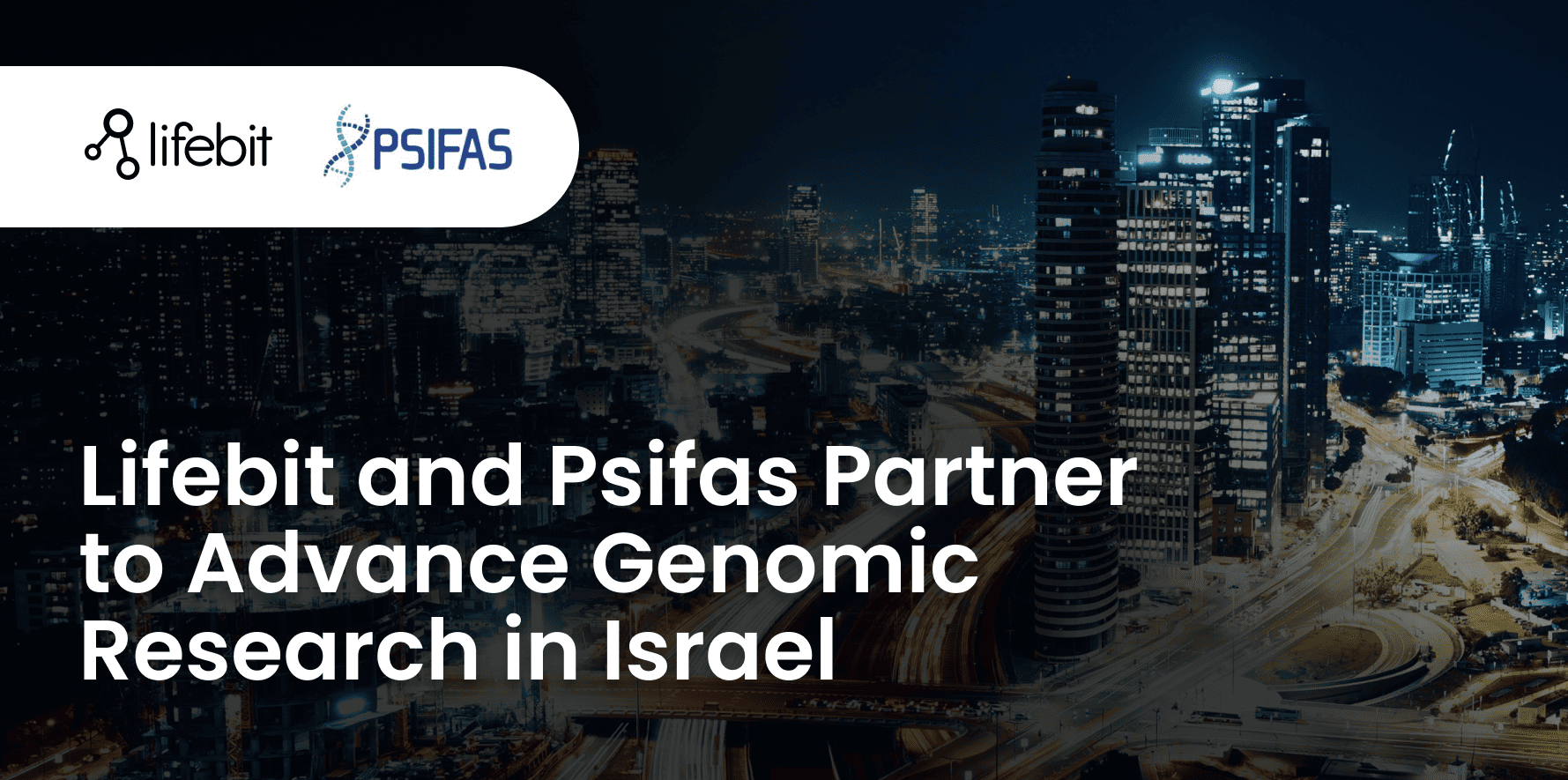
2025-01-23 09:07:20
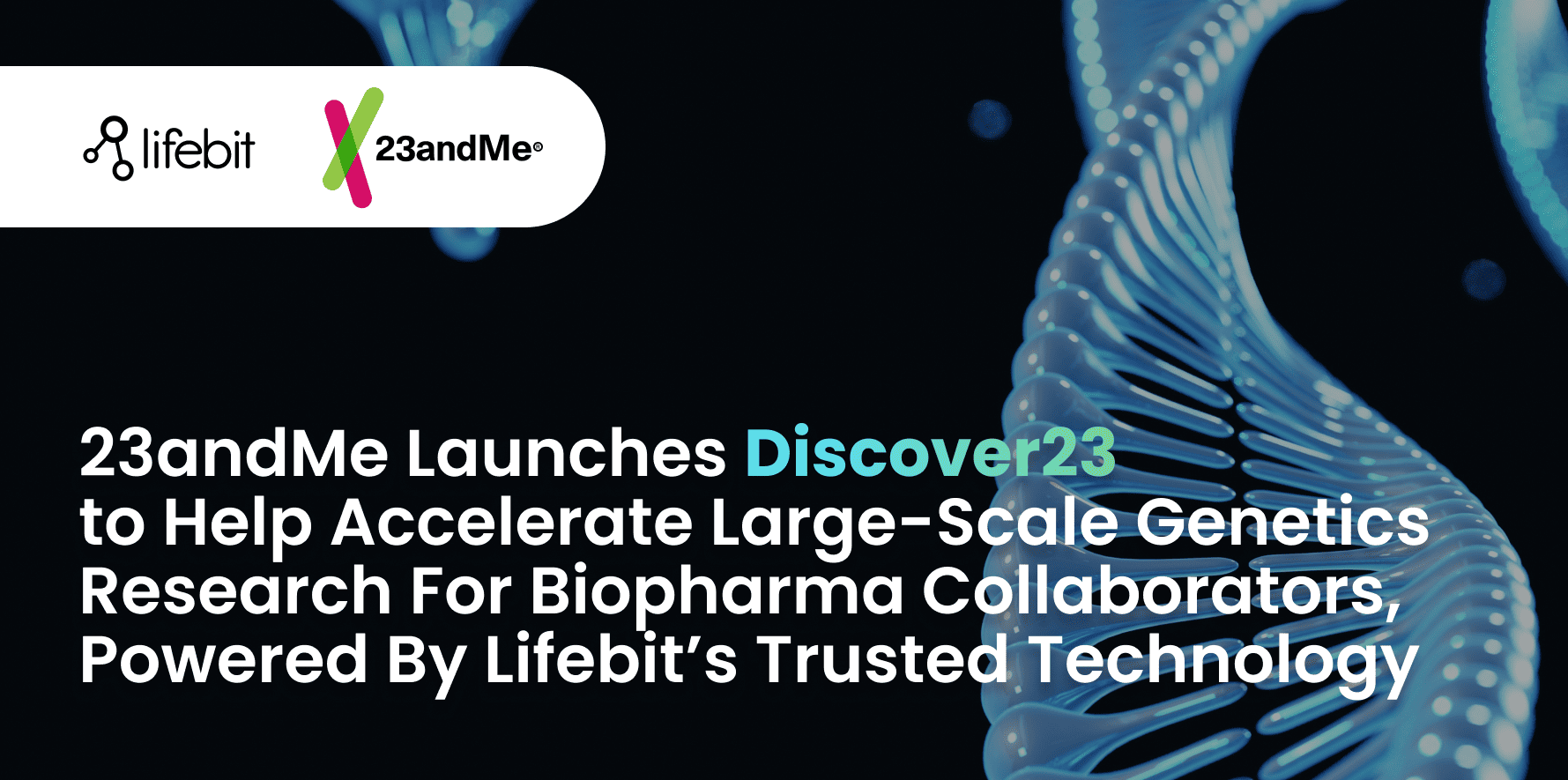
2025-01-08 13:58:41

.png)

